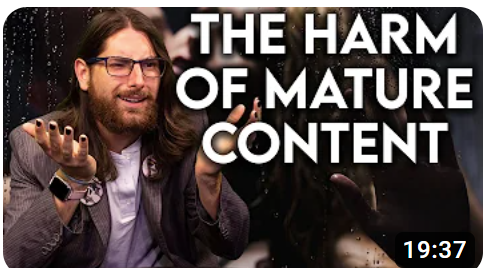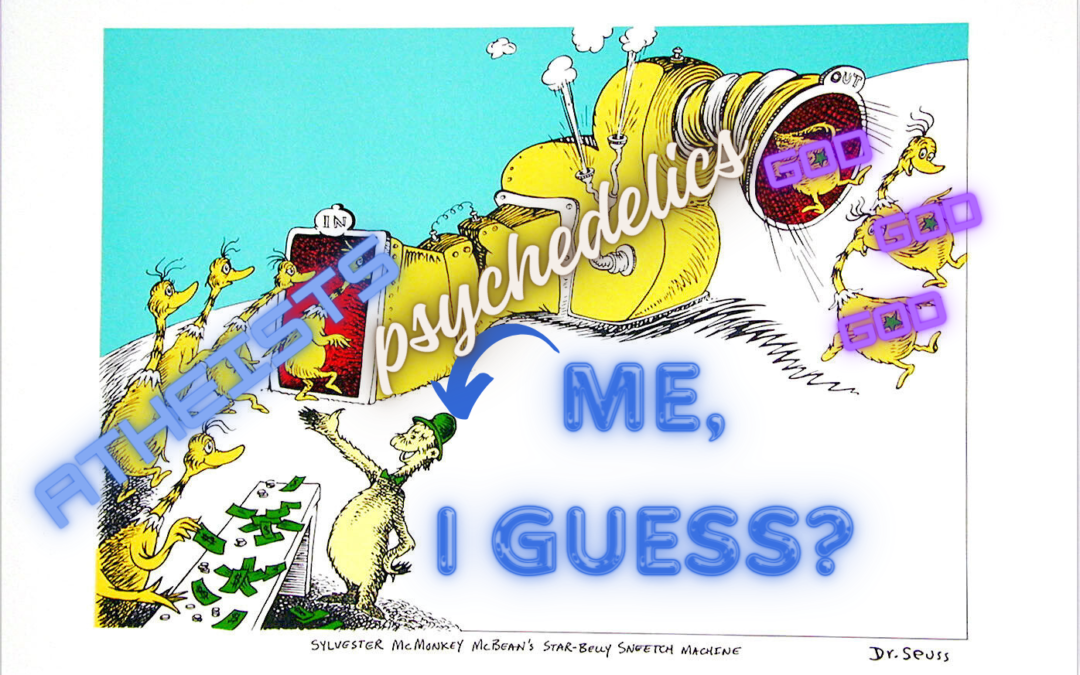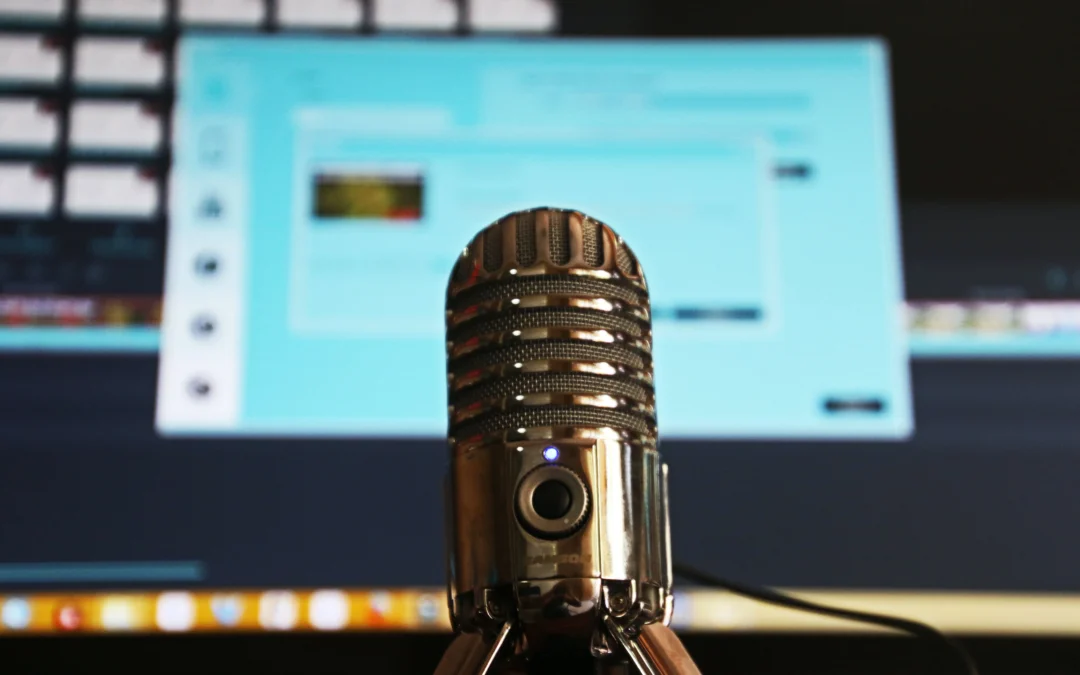In the video linked above I promised to consider the ‘research studies’ that Dre suggested supported an amoral viewpoint about the harm caused by pornography. What follows is my response email-
Hey Dre-
I appreciate you watching and calling and exploring this topic a little more with us. Since we don’t really know each other I’m not going to make any assumptions about your science background or experience in reading literature reviews like the two you’ve provided and I’d like to offer to spend some time walking you through them without meaning to come across as an expert in research science myself or like I’m telling you anything you don’t necessarily know.
The first thing I want to look at is what are these journal entries, where did they come from and who wrote them. Next I want to spend some time with the reviews themself and take a look at what they are claiming, what evidence they present and what their veracity is. Finally it’s worthwhile to look at how all of this sits in the context of the surrounding literature and consider what conflicting evidence exists.
To start I should note that both of these entries are review articles, a review article provides a comprehensive summary and analysis of existing research on a specific topic. While it doesn’t offer any new research or experimental data it synthesizes and evaluates the findings of multiple studies and offers insights or recommendations.We’ll look at what those recommendations are and how they fit into the existing literature in the next few sections but it’s important to recognize that these articles aren’t providing new information or giving us reasons to overturn our existing understanding.
Looking at the sources of these articles, Pornography as a Public Health Issue comes from the journal Dignity: A Journal of Analysis of Exploitation and Violence which is an open access, peer-reviewed, interdisciplinary journal dedicated to publishing original articles on analyzing exploitation and violence. Dignity was created by a professor in Rhode Island who explicitly wanted to lower barriers of entry for publishing research highlighting sexual exploitation and abuse. It’s written by Elisabeth Taylor who, as far as I can tell, has no other published work except being one of 10 authors of Australian Perspectives on Transgendering Children and Adolescents: Implications for Policy and Practice and who did her research with the Australian Catholic University and has ties to The Australian Christian Lobby, which is a conservative right-wing Christian advocacy organization.
Internet pornography and paedophilia, written by Heather Wood, comes from the much more prestigious Psychoanalytic Psychotherapy and comes from a much more prolific and well regarded researcher, with 28 publications, most of which related to her work as a psychoanalyst. For reasons that I hope are obvious the rest of my critique will largely focus on Wood (2013).
Wood’s primary argument is that online child sexual assault material convictions have steadily risen at a pace and timing not dissimilar to the expansion of internet access and internet pornography stating:
There are a number of possible explanations for this trend. The first is that the Internet allows the detection of previously covert behaviours; although people imagine themselves to be ‘invisible’ while online in their own homes or accessing the Internet through mobile phones, in practice it is easier for the police to detect access to illegal imagery through the Internet than tracing the purchase of illicit materials previously. The second possibility is that people who would formerly have offended offline have now shifted to online offending; there is certainly clinical evidence that some people with longstanding paedophilic interests use materials available on the Internet to limit or avoid contact abuse of children. Both of these explanations assume that paedophilia is a consistent and enduring trait, and both factors presumably contribute to the available figures. But the third possibility is that Internet sex in some way facilitates or engenders a sexual interest in children, and does not just reveal existing sexual interests, but actually contributes to the crystallisation or emergence of such interests. [emphasis added]
The first two circumstances fall under what Wood refers to as a “dichotomous view of paedophilia,” effectively that the desire to have sex with young children is effectively an orientation or innate quality of some people, not an acquired trait. I should say here that Wood recognizes that historically most researchers have held this view- that paedophilia, the desire to have sex with young children, is effectively out of our control while pederasty, the act of having sex with young children, is an avoidable (and reprehensible) decision.
What Wood draws from is a wide range of psychoanalytic theory claiming that:
paedophilia is not the outcome of exceptional or distinctive events in childhood, but linked to subtle failures to negotiate developmental tasks which are universal: tolerance of helpless dependence on a larger being in infancy (Campbell, 2010), negotiation of the conflicts and primitive wishes and fears stimulated by separation/individual from the primary object (Glasser, 1988), establishment of gender identity and self-identity (Socarides, 1988) and negotiation of the Oedipus Complex (Meyer, 2004).
She then goes on to claim that “The Internet, and Internet sex in particular, seem to create a sense of an unboundaried world in which there is an ambiguity between the internal and external worlds; omnipotence is fuelled” and therefore activates latent paedophilia when “All prohibitions are removed from the sexually curious Oedipal ‘child’ in the adult, who now finds himself able to view or create whatever sexual fantasy he chooses. All of this undermines mature, genital/depressive-position functioning, and invites regression to a primitive, paranoid-schizoid world.”
However you feel about psychoanalytic theory or the rationality of mature adults possessing a depression of their genitals in order to suppress their internal Oedipal ‘child’, I should really point out that Wood’s reliance on 100 year old Freudian psychology is completely out of step with modern thought and practice. In the study you provided me she offers no experimental research or even meaningful correlative studies but rather imagines how we could interpret the increases in criminal charges through a psychoanalytic lens.
Her conclusions by the way are at odds with what we do know about the impact of pornography. There is no experimental data that shows that an increase in pornography usage, either in an individual or a society, leads to increases in sexual violence and in fact there’s reason to believe the opposite is true. If you’re interested in reviewing some of that research these articles make for a good introduction.
If you are interested in studying these issues further I’d recommend
-
Perv: The Sexual Deviant in All of Us by Jesse Bering
-
Ethical Porn for Dicks by David J Ley
Ultimately I want to stress that science doesn’t say “porn good” or “porn bad,” rather the data suggests that while people who perpetrate violence are also likely to watch violent porn it seems probable that in the absence of that porn, they would act even more violently. What any of this says about our society or how we should manage the creation, possession or consumption of pornographic material or what we can and should do to prevent the assault of children is anybody’s guess. There is significant nuance and debate to be found in these spaces but as much as I appreciate your efforts to achieve a view of the distress caused by pornography that isn’t moralizing, I’m not aware of any meaningful evidence to support your ability to do so. Please let me know if I can offer any further clarification or information. Thank you for caring about these issues and for taking the time to watch Talk Heathen and learn more about our world.





